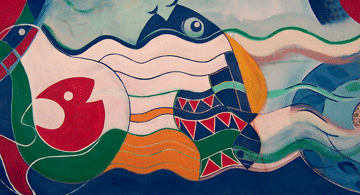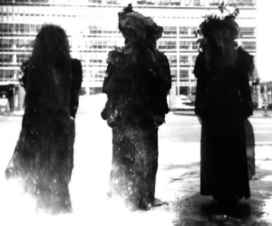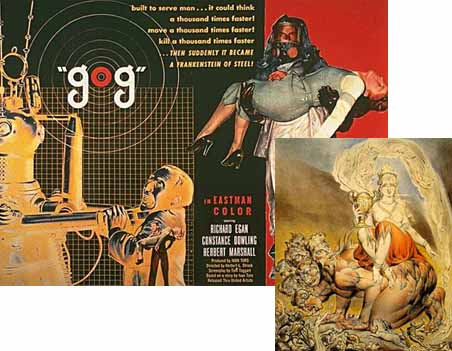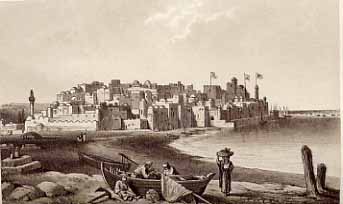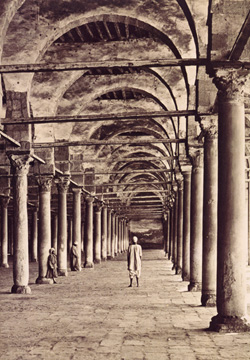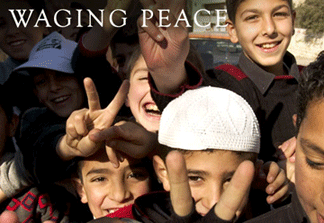
One of the most common complaints about “Islam” from politicians and other truth-bending members of our society is that mainstream Muslims do not speak out when fellow Muslims commit atrocities such as suicide bombings. Muslims do, of course, both to their friends and neighbors and in forums that usually fail to reach the public at large. But often no one takes the time to listen or to find where these voices can be heard loud and clear. So it is not fair to ask why Muslims are failing so speak out against extremism without also asking why so little attention is paid in the mainstream media when they do. Well, hear ye, hear ye, there is a letter to prominent Christian leaders, including Pope Benedict and the leader of the Baptist church, from a broad spectrum of Muslim intellectuals and leaders, as reported Thursday on the BBC and The Guardian.
A pdf version of the English translation of the letter can be found on a website dedicated to the letter. The letter begins:
“Muslims and Christians together make up well over half of the world’s population. Without peace and justice between these two religious communities, there can be no meaningful peace in the world. The future of the world depends on peace between Muslims and Christians.”
